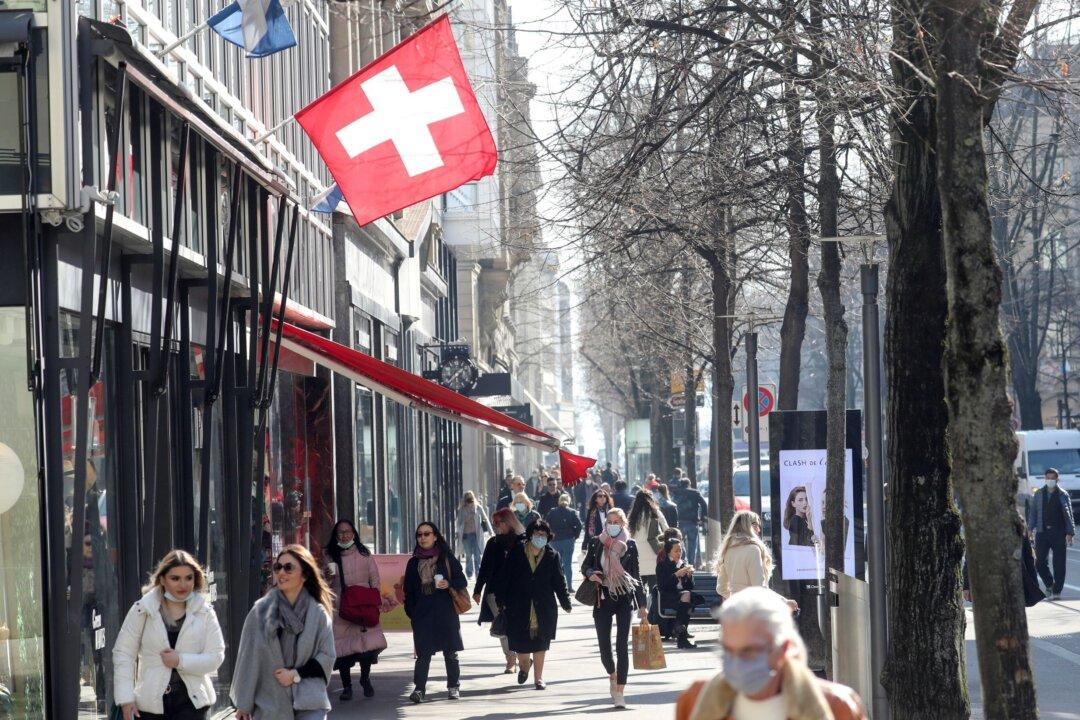A ban on face coverings in public places, commonly called the burqa ban, came into effect in Switzerland on Jan. 1.
The ban received overwhelming legislative approval in 2023, two years after Swiss citizens narrowly voted in a national referendum to forbid covering faces in public spaces and private buildings accessible to the public.





